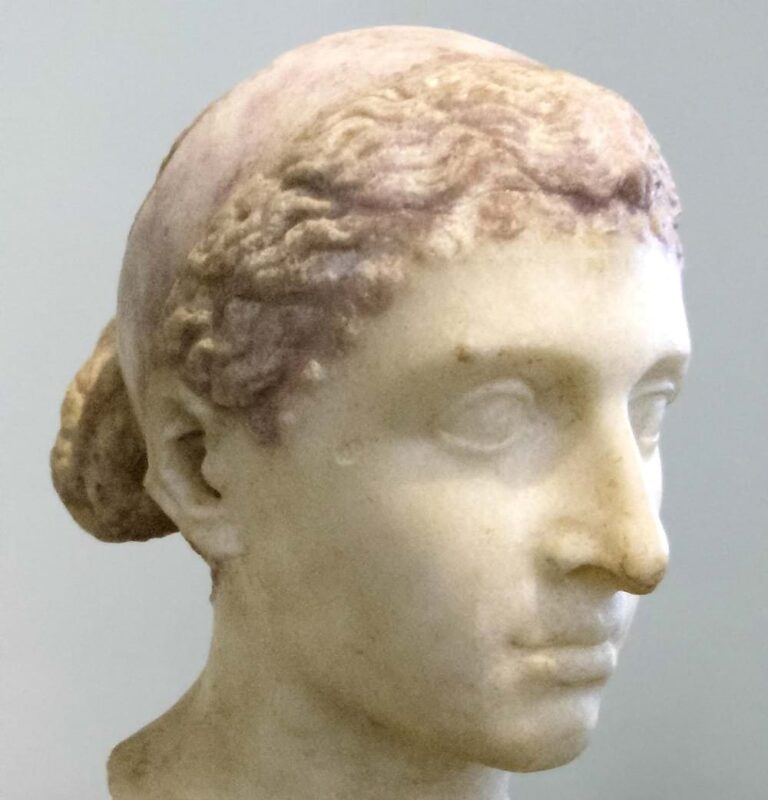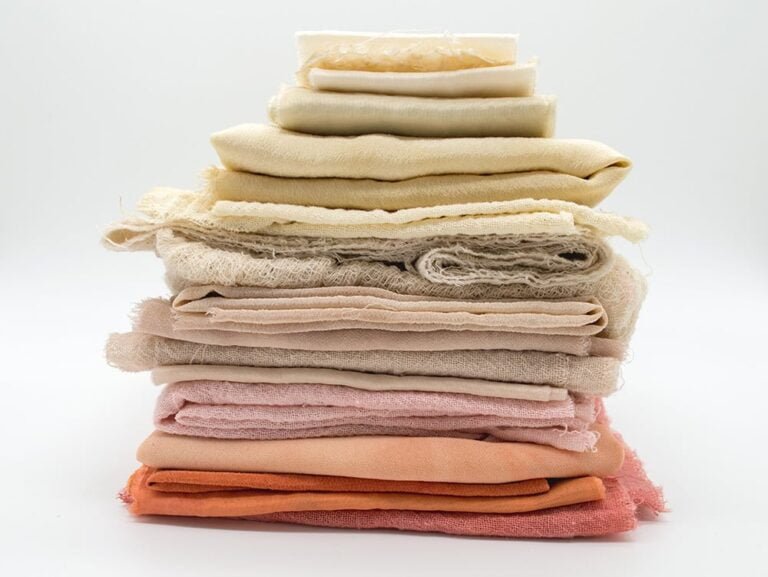Faire vinaigre
“Faire vinaigre” means literally to “make vinegar.” What could “make vinegar” possibly mean? It means to hurry up, to go faster. It’s also used by kids playing jump rope to indicate that they want the rope holders to turn the rope faster.
The jump rope usage gives a clue as to the origin of this idiomatic expression. Turning the rope slowly mimics the action of oil, which flows slowly. Turning the rope faster is like vinegar, which flows quickly. This language in relation to jump rope dates back to the early 1800s. About a century later, the expression “faire vinaigre” came into more widespread usage.






